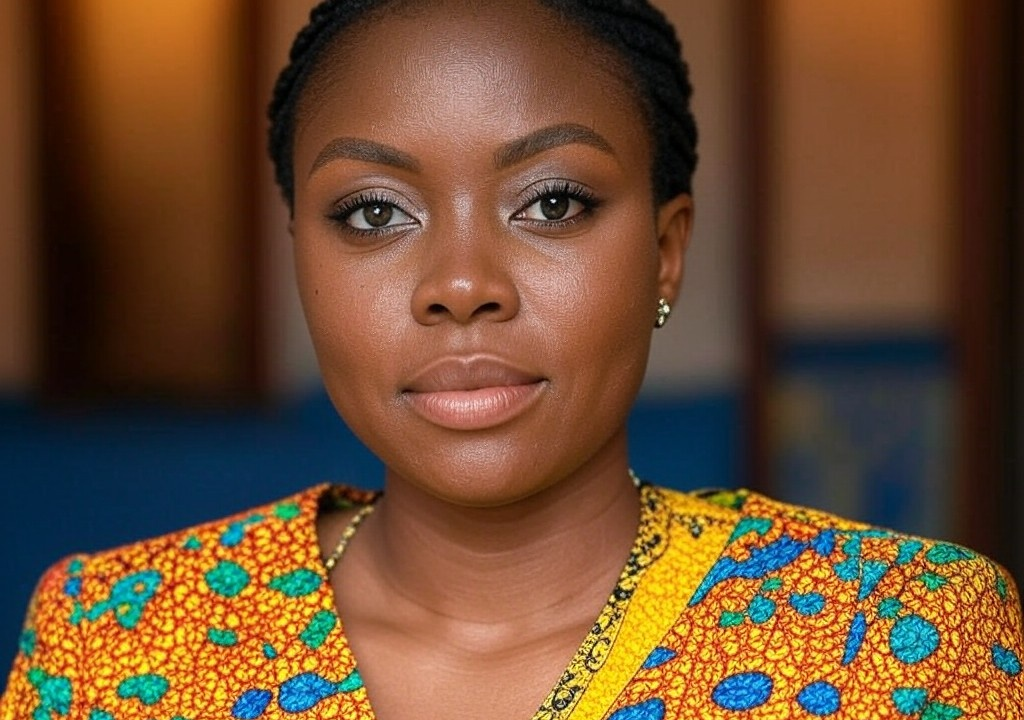We don’t talk enough about vulnerability when it comes to dating. And I don’t mean the kind of curated vulnerability you sprinkle over a first date to make yourself seem mysterious yet relatable. I’m talking about the messy, un-Instagrammable moments when you’re too scared to share a part of yourself—especially the not-so-cute parts. For me, the part I avoided like bad Jollof at a potluck was my struggle with self-worth.
Growing up in Abuja, surrounded by the warmth of family but also the pressure to excel, I learned early that success often brought affirmation. Whether it was acing my exams or helping organize a fundraiser for the local women’s cooperative, validation felt tied to achievement. That belief didn’t magically dissolve when I entered the world of dating. If anything, it clung to me like a wet scarf—uncomfortable and impossible to ignore.
The Relationship Front: Where Things Got Tricky
I’ll spare you the Tinder-era specifics (that’s a whole other article), but suffice it to say, I tried my best to present a "together" version of myself whether I was dating in Lagos, London, or Dakar. After all, who couldn’t love Harriet—the self-sufficient, goal-smashing woman with a great sense of humor?
But the truth was messier. Beneath the facade lurked insecurities I was too afraid to share. I wondered: Was I enough without my achievements? What if someone got close enough to see the parts of me I worked so hard to hide? These questions festered silently during romantic connections, ensuring I stayed emotionally guarded.
And then came Oscar (not his real name—I still don’t want to give the man free publicity). Oscar was everything the rom-coms tell you to look out for. A steady job, charming laugh, and enough charisma to make you overlook that he described himself as a “sapiosexual” in his bio. We connected quickly on our shared love of music—he played guitar, I could recite every Burna Boy lyric on demand. Little by little, I convinced myself that being in a relationship defined my worth.
The Secret Battle Unfolds
Here’s the thing about running from your insecurities: they don’t just vanish. They wait patiently, ready to sabotage anything good you’ve built. For me, that moment came when our relationship deepened. Oscar wanted to know me on a real level—the parts of me I usually kept locked away like expensive chinaware only brought out for special occasions.
One afternoon, he asked a simple question, one that shouldn’t have induced panic: “What made you feel happiest as a child?”
Cue my brain spiraling. Happiest as a child?! How could I tell him that my happiest moments revolved around people celebrating me for my achievements? Would he see me as shallow? Weak? I deflected with humor to avoid the topic altogether (pro tip: over-relying on jokes rarely fixes anything).
Later that night, as I tossed and turned, it hit me—this feeling of inadequacy wasn’t Oscar’s issue to solve. It wasn’t about whether he’d look at me differently. It was about whether I was willing to look at myself differently. I’d been waging a battle in secret, terrified anyone would see my so-called shortcomings. But what was the cost? A real connection couldn’t grow in a space filled with half-truths and pretense.
How I Confronted It
Over the months, I pushed myself to acknowledge—and challenge—this inner dialogue. It didn’t happen overnight (this isn’t the part where I tell you an inspiring quote healed me in 24 hours), but with time, intentionality, and a lot of therapy, I learned a few lessons that changed how I approached relationships:
-
Feelings Aren’t Failures
Growing up in achievement-focused environments can teach you to suppress emotional struggles because they don’t lead to applause. The first hurdle for me was understanding that discomfort is part of the human experience. Feeling insecure or unsure didn’t mean I was broken—it just meant I had work to do. -
Not Every Thought Deserves Your Attention
For so long, I believed the loudest voice in my mind—that one repeating “you’re not enough”—must also be the truest one. Learning to detach from my self-critical thoughts was liberating. Instead of fixating on every doubt, I started focusing on what I actually wanted: genuine connection, not perfection. -
Showing Up As You Are
Vulnerability isn’t about dumping your life story in one conversation (please don’t do this on the first date). It’s about showing the people you care about who you are when the performance ends. During one surprisingly candid talk, I told Oscar about my struggles with self-worth. His response? “Thank you for sharing. I know it’s not easy.” No judgment, no pity. That exchange alone strengthened our bond in a way pretending could never accomplish. -
Make Room for Grace
I’m not perfect. You’re not perfect. Nobody is—not even Beyoncé (I mean, probably). Relationships, at their best, are two imperfect people making the choice to grow together. Holding onto the idea of perfection only sets us up for disappointment.
The Takeaway
Oscar and I didn’t end up together, and that’s okay—some relationships happen to teach us things we couldn’t learn alone. Our time together forced me to confront the false belief that my value was directly tied to my achievements or how effortlessly “put together” I seemed. And surprisingly, letting go of that idea didn’t just help me in relationships. It transformed how I showed up in friendships, work, and, most importantly, for myself.
If you’ve been quietly battling self-doubt, I’m here to tell you two things. One, that bad energy isn’t welcome here anymore. And two, nobody connects over perfect versions of themselves. The best relationships—whether with a partner, friend, or even yourself—thrive on realness. So, here’s your permission slip to drop the act. Show up as beautifully, gloriously you. And you’ll find the people who will stay not despite your vulnerability, but because of it.




















